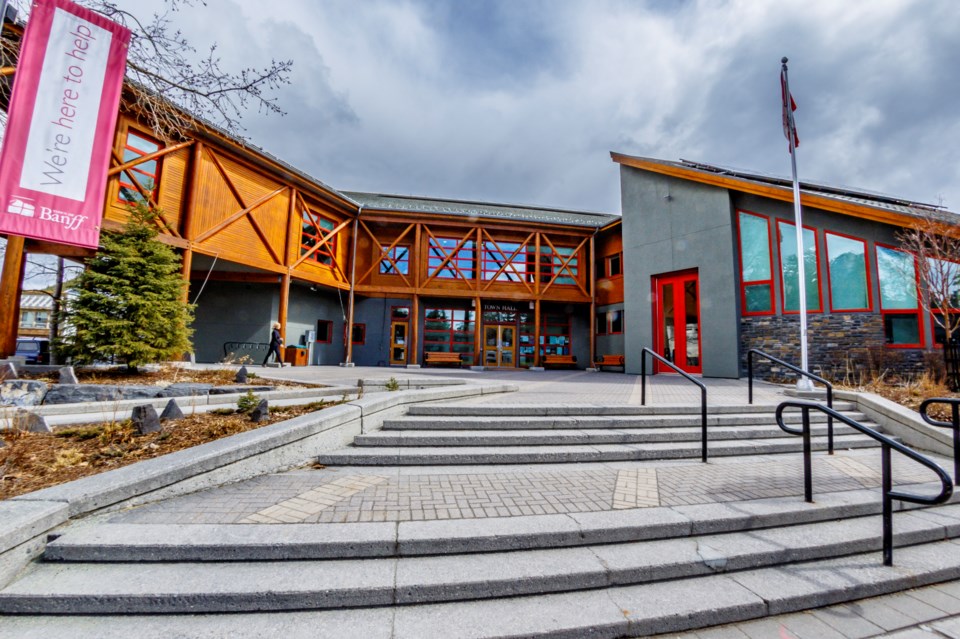BANFF – The Town of Banff’s tax bills will be mailed out this month and due by the end of July.
The overall tax levy is up 2.2 per cent from 2019 levels, but up 10.78 per cent from 2020 because the municipal operating budget ended up being slashed that year due to financial hardships for residents and businesses associated with the COVID-19 pandemic.
The average residential dwelling assessed at $461,900 would see an annual increase of $217 or $18 per month for 2021, while an average commercial property assessed at $5.5 million would see an annual increase of $9,450 or $788 per month.
Banff council has decided to defer penalties on any late taxes and utilities until August 31 to offer cash flow relief following provincial restrictions that led to business closures or interruptions in the third wave of the pandemic.
“The intent is to allow some time for these businesses to regroup once these restrictions are lifted and get their cash flowing before they have to pay their taxes and utilities,” said Chris Hughes, the Town’s director of corporate services.
The overall tax levy – which includes the municipal portion of taxes, provincial schools taxes and the Bow Valley Regional Housing levy – is $30 million in 2021 compared to $27.1 million in 2020 and $29.3 million in 2019.
The municipal requisition is $19.3 million for 2021, compared to $17.1 million in 2020 and $20.6 million in 2019 and the the Bow Valley Regional Housing levy is $634,815.
Provincial education taxes, which the municipality collects on behalf of the Alberta government, are approximately $10 million, which is an increase of 21.5 per cent increase since 2019.
“The education tax levy makes up 34 per cent of the overall tax levy,” Hughes said.
Before passing the tax rate bylaw on May 25, council unanimously agreed to amend the 2021 operating budget to include another $320,000 in savings found by administration, including $100,000 in additional staff wage savings.
Council voted 4-2 to pass the tax rate bylaw, also known as the mill rate, based on a 6.367:1 split that equally shares the tax burden between the residential and commercial sectors.
Mayor Karen Sorensen and councillors Corrie DiManno, Brian Standish, and Grant Canning were in favour of the tax rate bylaw, while councillors Peter Poole and Ted Christensen were opposed. Coun. Chip Olver was absent from the meeting.
Coun. Poole said he was unsuccessful in his attempt to find about $1 million in savings during budget deliberations earlier this year, and acknowledged he was unlikely to get support to reopen the budget at this stage.
“I can’t support the current bylaw unless we were to find more savings,” he said, adding the Town is now aware of the extent of the province’s education tax requisition. “The pandemic has hit so many individuals and businesses so hard I feel obliged to bring their voice to the council table.”
Town Manager Kelly Gibson said the municipality has no control over the provincial government’s school taxes.
“It wouldn’t be logical for us to lower our expenditures or expect us to lower our taxes to make up for a different level of government’s decision,” he said.




